Ru


Meeting at Xining Airport (XNN), transfer to the hotel, check-in. Xining is the capital of Qinghai Province and the only major city on the Tibetan Plateau. We’ll begin acclimatization here — rest after the flight, take a walk through pedestrian streets and along the river embankment, and visit the night food market.
We’ll start the morning with breakfast and a visit to the Tibetan Culture Museum. An engaging guide will explain what to pay attention to during our tour. Here, we’ll see the world’s largest Tibetan thangka painting.
Next, we’ll have our first introduction to Tibetan Buddhism with a visit to Kumbum Monastery, once a major center for spreading Buddhism into Mongolia and Russia. Though less significant than centuries ago, it remains the largest Buddhist center outside the Lhasa region.
We’ll then stop by a beautiful mosque and try Muslim cuisine. In the evening, we’ll ascend to the viewing platform of the Plateau Pearl Tower to enjoy the night lights of Xining.
Today marks a unique adventure as we travel to Lhasa by train. Special train carriages designed to accommodate changes in altitude, will ensure a comfortable passage through the Tanggu-La Pass at 5,072 meters.
Along the way, we'll pass by the Kekesili Nature Reserve, known for its otherworldly landscapes. While the reserve is closed to visitors, our train journey offers us a special opportunity to marvel at its natural beauty from the windows.
By evening, we will arrive in Lhasa.
Upon arrival in Lhasa, we’ll meet our local guide, transfer to the hotel, and check in. Welcome to the Place of the Gods! After acclimatizing, we’ll stroll through the city center.
Next, we’ll visit Jokhang, the ancient and main temple of Tibet. Built during the reign of the legendary King Songtsen Gampo, under whom Buddhism began spreading in Tibet, Jokhang holds over 300 Buddhist statues, countless frescoes, manuscripts, woodblock prints, ritual items, and musical instruments.
We’ll also explore the bustling Barkhor Market, where amidst pilgrims, onlookers, and tourists, the heart of the Land of Snow beats.
Today we’ll visit Drepung Monastery — a massive monastic city founded in the 15th century and the largest in Tibet. Early Dalai Lamas resided here, and its abbot was one of the most influential figures in the country. Despite damage in the 20th century, the main assembly hall and four university faculties remain.
We’ll also see Sera Monastery, renowned for its scholar monks and famous for its lively debates — an essential part of Tibetan Buddhist training and tradition.
We’ll head east of the city to Ganden Monastery, perched at 4,500 meters on Mount Wangbur. It’s the main monastery of the Gelug school. A circuit trail (kora) around the monastery offers breathtaking mountain and river views. Fewer tourists visit Ganden, allowing peaceful reflection and immersion in ancient Tibetan culture.
Back in Lhasa, we’ll visit Tibet’s iconic landmark — the Potala Palace, a UNESCO World Heritage site. Former residence of the Dalai Lamas for 300 years, Potala sits atop Marpo Ri Hill and consists of the White and Red Palaces, rising 118 meters.
We leave Lhasa, heading west toward the majestic Himalayas! First, we’ll cross Kamba-La Pass (4,795 m) with spectacular views of Nojin Kangtsang (7,191 m). We’ll descend to the sacred Yamdrok Yumtso Lake, its shape unusual, its waters said to change color daily and believed to be the earthly body of a goddess.
After Sim-La Pass, we’ll rise above 5,000 meters to view the massive Karola Glacier — so close it touches the highway!
Next stop: Gyantse, famed for its fortress and the Pelkor Chode Monastery with its unique Kumbum Stupa — Tibet’s largest, multi-tiered stupa.
By evening, we’ll reach Shigatse — Tibet’s second-largest city and the heart of the Tsang region.
In the morning, we continue our ascent into the vast, desolate Tibetan plateau. The landscape grows harsher, the air thinner — we're approaching the Roof of the World.
Crossing Gyatso-La Pass (5 200 m), we enter Qomolangma National Park. From Gyawu-La Pass (5 220 m), a breathtaking view unfolds of the "presidium" of the Himalayas — five 8 000-meter peaks: Everest, Makalu, Lhotse, Cho Oyu, and Shishapangma. One of Tibet’s most awe-inspiring views!
By evening, we reach the foot of Everest (4 200 m)!
Today we have a unique chance to feel the amazing atmosphere of Everest Base Camp. Meditate or sit in silence, watching the life on the main peak of the world. Nearby stands Rongbuk Monastery — the world’s highest-altitude Buddhist monastery. From here, behold the most stunning view of Earth’s tallest peak!
Then, over the mountain passes we'll go back to civilization — to Shigatse.
In the morning, we’ll visit Tashilhunpo — the main Gelug monastery outside Lhasa, home of the Panchen Lama, Tibet’s second-ranking spiritual leader. Tashilhunpo has long served as a counterbalance to Lhasa’s monasteries.
After the tour, we return to Lhasa by a quicker route. In the evening, enjoy a final walk through the city — wander the streets, buy souvenirs, and celebrate the end of our epic Tibetan adventure!
Special prices are valid until 12.03.2026!
The guide will meet the tourists on the first day of the trip at Xining Airport (XNN) at 17:00. Upon arrival, you will need to go through border control/passport control, which usually takes about 1.5 hours. Therefore, we recommend booking flights that arrive no later than 12:30.
Participants depart from Gonggar Airport (LXA) in Lhasa. According to the regulations in Tibet, all participants must depart from the region on the same day.
Group meeting on the first day of the tour at 17:00 local time at Xining Airport (XNN).
Upon arrival, you will need to go through immigration and customs, which usually takes about 1.5 hours, so please choose flights arriving no later than 12:30.
Participants depart from Gonggar Airport (LXA) in Lhasa which offers regular flights to Chengdu, Beijing, Chongqing, Shanghai, and other major cities in China.
According to the regulations in Tibet, all participants must depart from the region on the same day.
We recommend purchasing tickets in advance, including for a domestic flight from Lhasa on the last day, as prices can change significantly! The most convenient way to travel from Lhasa is via Chengdu, from where you can continue to your destination. It's important to have plenty of time between flights!
Be prepared for long transfers. We will travel about 1,600 km by minibus, including mountain serpentine roads, and 1,400 km by train.
All transfers according to the program are included in the tour price.
The weather in the mountains of Tibet is changeable. It can be sunny and dry during the day with temperatures above 22°C, and at night it can drop to zero or below. In the camp at the foot of Everest, it can also be frosty at night. Short-term rains are possible.
On a clear day in Tibet, always remember to wear a hat and sunscreen.
We will spend the night in a variety of accommodations during this trip:
Note: The price of the trip is based on double accommodation in hotels. If you are traveling alone, we will try to find a roommate for you from the tourists of our group, but we cannot guarantee this. Usually there is a roommate, but if there is not, you will need to pay extra for single accommodation. Single accommodation in hotels is available at extra $700.
If you need a single room and don't want to stay with anybody, specify this in the comments to your application.
On the 3rd day, we will travel by train from Xining to Lhasa (journey takes approximately 20 hours). We will be accommodated either in a 4-berth soft-sleeper compartment or a 6-berth hard-sleeper carriage, depending on ticket availability.
Important! Train tickets sell out very quickly. We will do our best to secure the most comfortable seats possible, but we cannot guarantee a lower or upper berth in advance. Also, foreign travelers may be placed in the same compartment/carriage with our group.
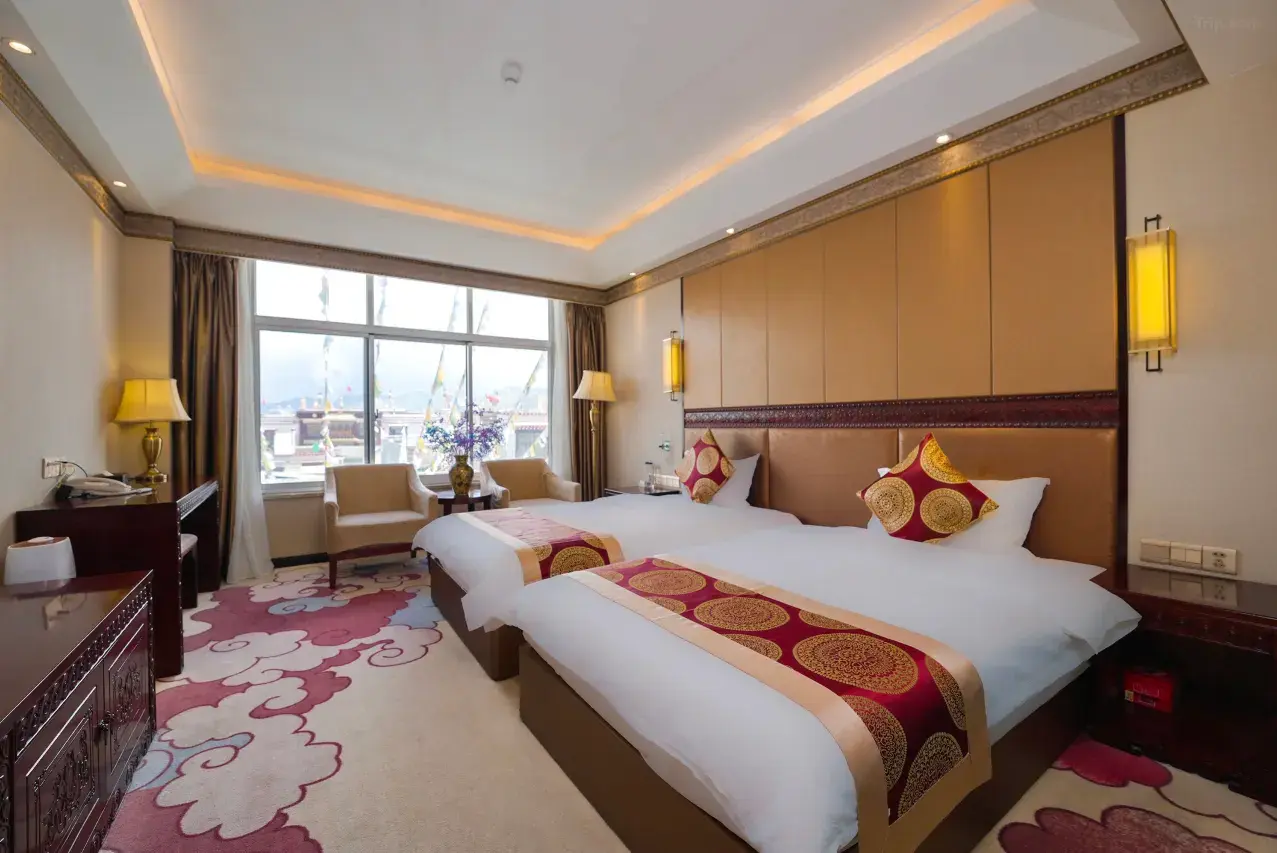
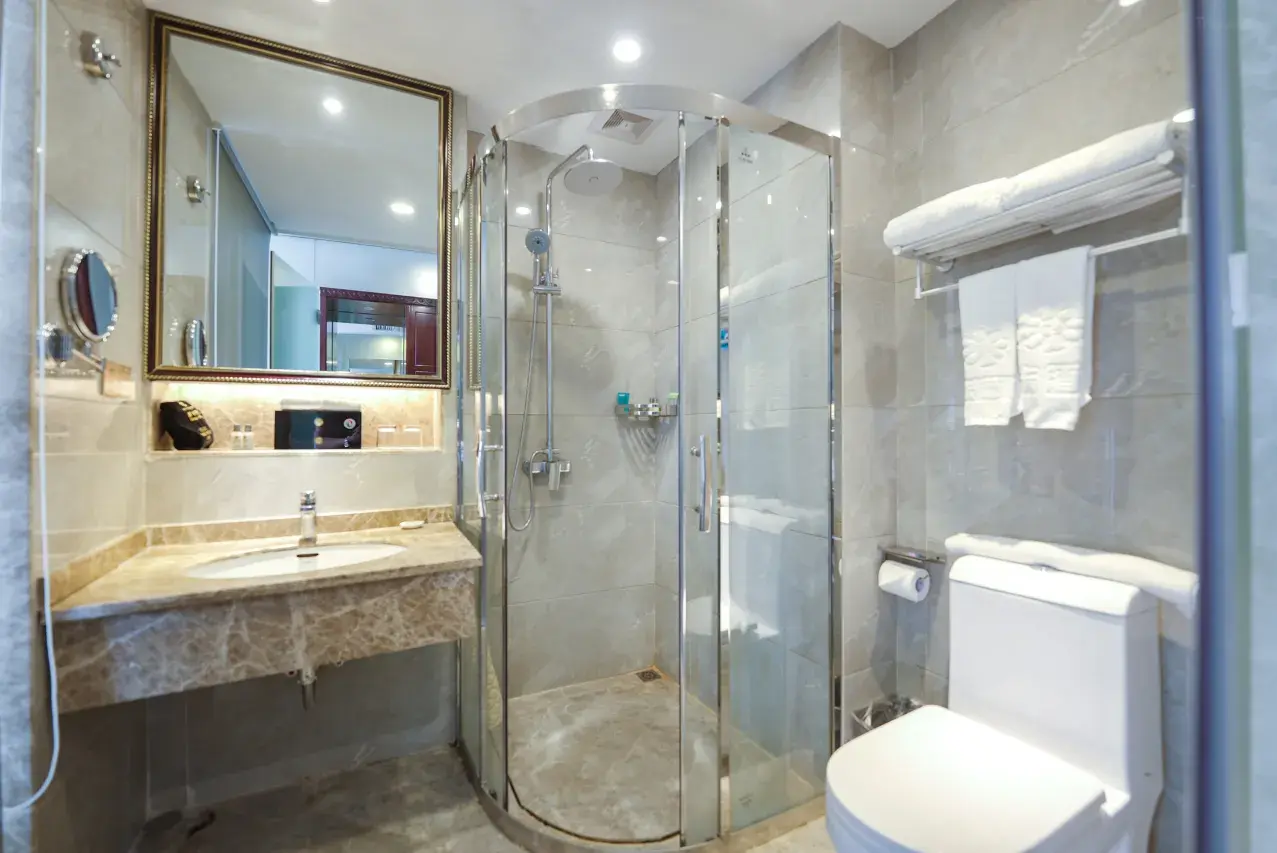
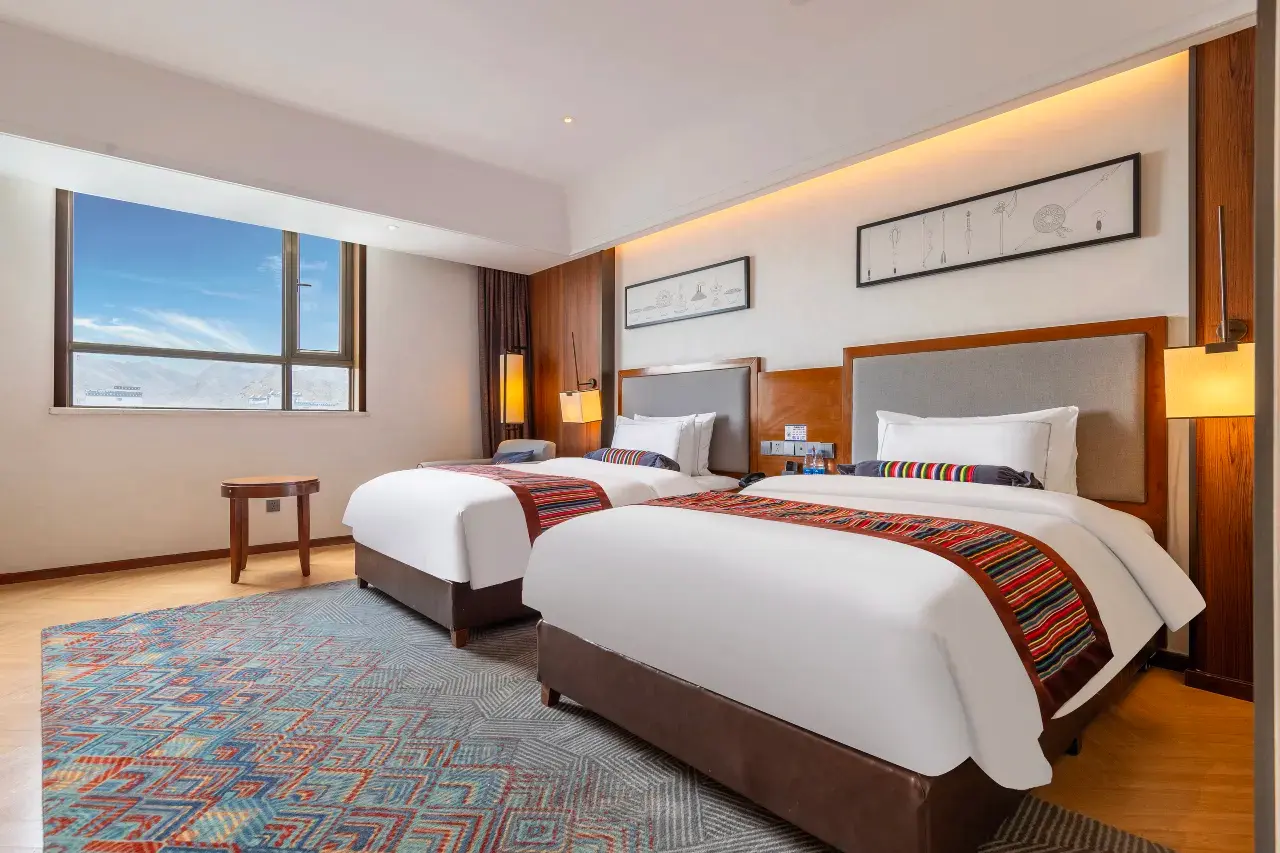
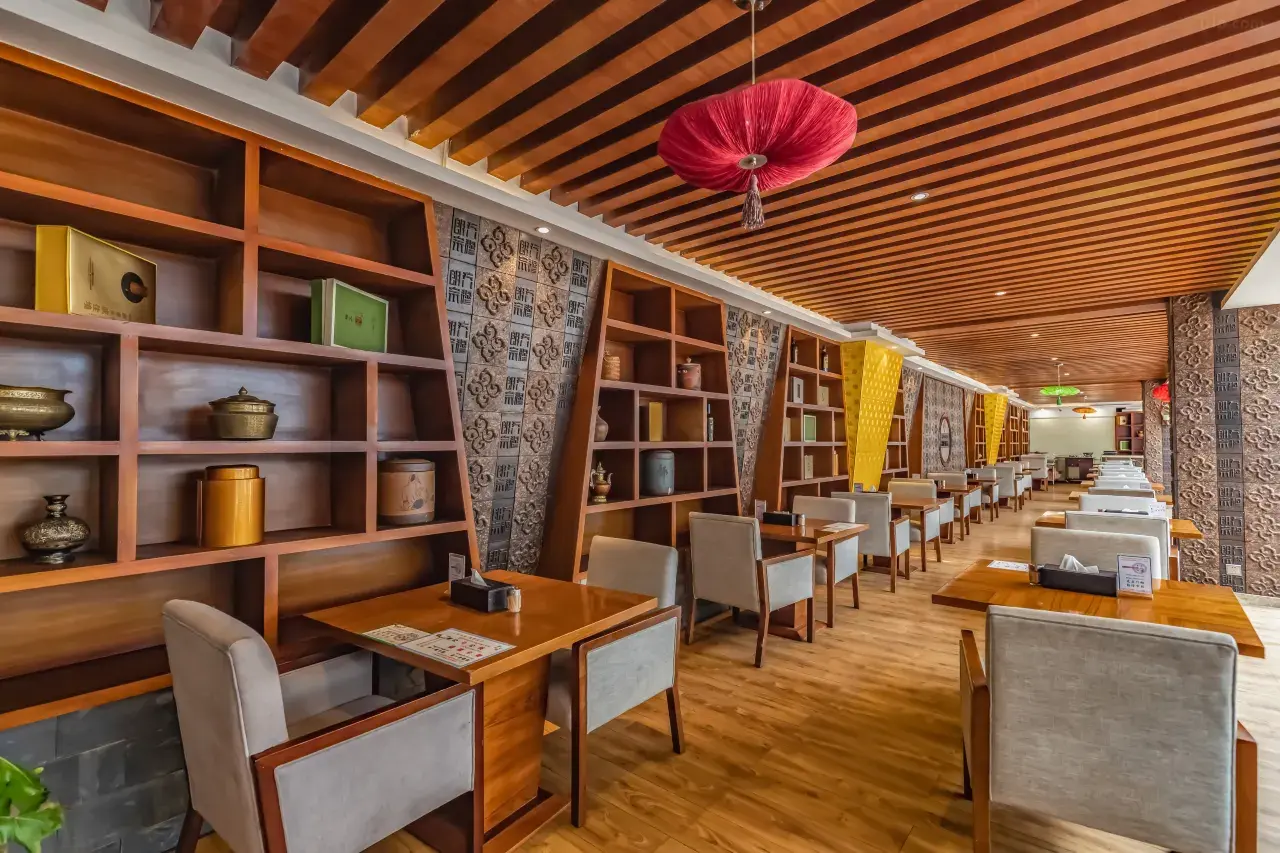
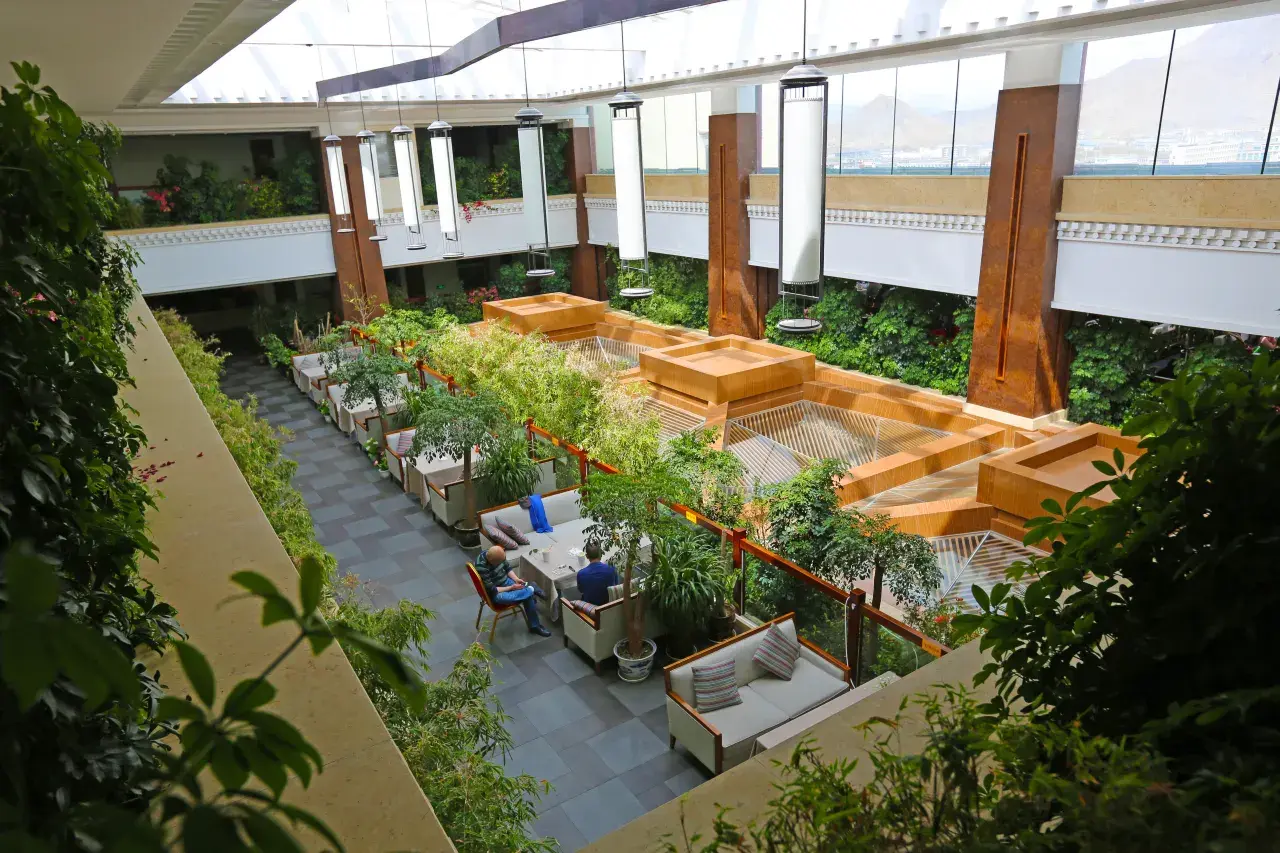

.jpg)
.jpg)
National currency is Chinese Yuan. Exchanging cash in China can be quite difficult. We recommend bringing the amount of currency you need with you from home. The limit for bringing yuan into or out of China without declaring it is 20,000 per person (or 5,000 USD). We recommend planning for at least 200 yuan per day when traveling in mainland China.
You shouldn't rely on bank cards either: the trip takes place in remote areas of Tibet, where card payments are not possible.
We would like to inform those who will be carrying US dollars: bills older than 2006 are NOT VALID in China!
This route does not have a difficulty category and be prepared for daily walking with height difference. During the trip, we will ascend to an altitude of 5 220 meters, so we do not recommend this route for people with heart problems, blood pressure issues, vestibular disorders, or excess weight (horse trekking is available for participants up to 85 kg).
Note: The trip will involve a lot of transfers, sometimes 6-7 hours a day, mostly on roads with good paving, but there will also be serpentines. Participants must be prepared for a strict travel schedule, as well as living in tents and minimal amenities during this time (for example, no showers).
Participants must be from 16 to 70 years old.
Important! Some locations along the route may be inaccessible for tourists over 70 years old. Unfortunately, we cannot influence the access rules for certain sites or compensate you for the cost of visiting them. Please contact our manager for the details.
The checklist #98 will help you prepare for this trip.
Note: It is prohibited to bring any sharp objects, including kitchen knives, pocket knives, and Swiss army knives, into China. Please be careful.
You need to be prepared for long transfers. We will travel about 1 600 km by minibuses and 1400 km by train.
Breakfasts at hotels are usually Chinese-style buffets: eggs, fruits, pastries, meat, noodles and other dishes not typical for breakfast. Some hotels may also offer set breakfast menus.
We will have lunch and dinner in Tibetan or Chinese restaurants. Tibetan cuisine is similar to Mongolian or Buryat: lots of meat and starchy foods, but not spicy. In contrast, some Chinese dishes are quite spicy and others are too bland.
Since this is a group tour, the food is the same for all participants. Unfortunately, we cannot prepare an individual meal for you. If you have an intolerance or allergy to any of the products, please notify the manager in advance. We will pass this information on to the guide or accommodations. However, we kindly ask you to follow up on this matter during the trip. If you have strict dietary restrictions, we recommend bringing suitable food with you or buy it on the spot.
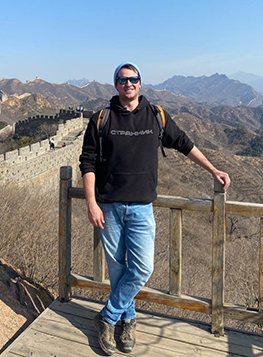

This journey is designed for those who’ve long dreamed of seeing Tibet and Everest but weren’t ready for physically demanding routes. No special fitness preparation is required, yet the trip offers an authentic glimpse into highland life and the scale of these legendary places.
We’ll start in Xining, travel on the famous high-altitude railway, delve into the history of Tibet’s great monasteries and palaces, and finally arrive at the foot of Everest.
Highlights of the trip:
This route is beginner-friendly. The pace is more relaxed, allowing time for rest and acclimatization. We’ll stay in 3-4* hotels, except for one night spent in a modern train carriage en route to Mount Everest.